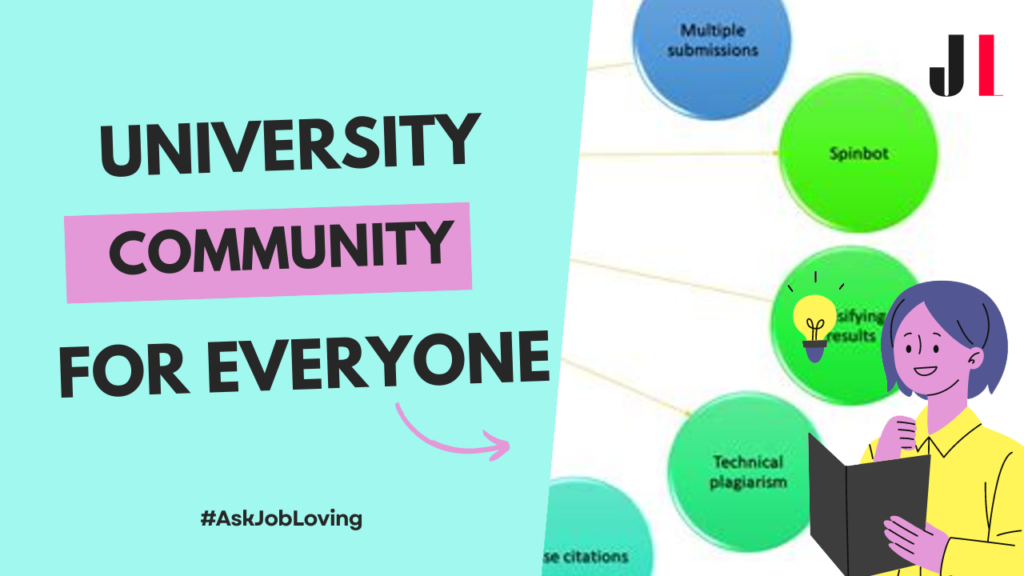What is Academic Dishonesty at Columbia University?
Academic dishonesty at Columbia University refers to a violation of academic integrity policies that students are expected to uphold during their academic endeavors. This encompasses a range of dishonest behaviors, including cheating on exams, plagiarism, fabrication of data, and unauthorized collaboration on assignments. At Columbia, maintaining academic integrity is crucial not only for personal growth but also for preserving the credibility of the institution and its degrees.
Caught in the act? Unfortunately, instances of academic dishonesty make a massive mark on students’ academic records. For first-time offenders, things might not seem too bleak — like in the case of a student’s professor assigning a zero for the work rather than expelling them outright. However, it’s vital to understand that such incidents can still lead to academic misconduct being noted on your permanent record. This can create long-term impacts, especially if you’re eyeing graduate schools or fellowships down the line.
The repercussions can be quite severe. In some cases, graduate students face immediate suspension or even expulsion upon being accused of academic dishonesty. If found guilty, punishment can also include disciplinary probation, which is essentially a big red flag when applying for advanced degrees or internships. Therefore, students must tread carefully and fully grasp what constitutes cheating — even seemingly minor infractions like improperly citing sources can lead to dire consequences.
Consequences and Prevention
The university takes violations seriously; this is no joking matter! To maintain a fair educational environment, Columbia emphasizes honesty. Tools like Turnitin and proctored tests ensure that cheating is minimized. It’s essential for students to familiarize themselves with the specific guidelines from instructors regarding collaborative work or resource usage to avoid unintentional offenses.
Should you find yourself in hot water due to academic dishonesty, honesty is your best policy going forward. Admitting to what you did and being transparent about it could create a more forgiving scenario compared to hiding parts of the truth, which could land you facing maximum disciplinary action. So if you’ve made a mistake, own up and learn from it!
Ultimately, understanding what constitutes academic dishonesty at Columbia University is vital for every student. The strides one takes towards personal accountability can affect both their current situation and future prospects. So keep those grades clean and your conscience cleaner!
If you have more questions or need help learning about what constitutes academic dishonesty at Columbia University or how to navigate issues related to integrity violations, connect with us at the JobLoving community — we’re here for all your queries!

